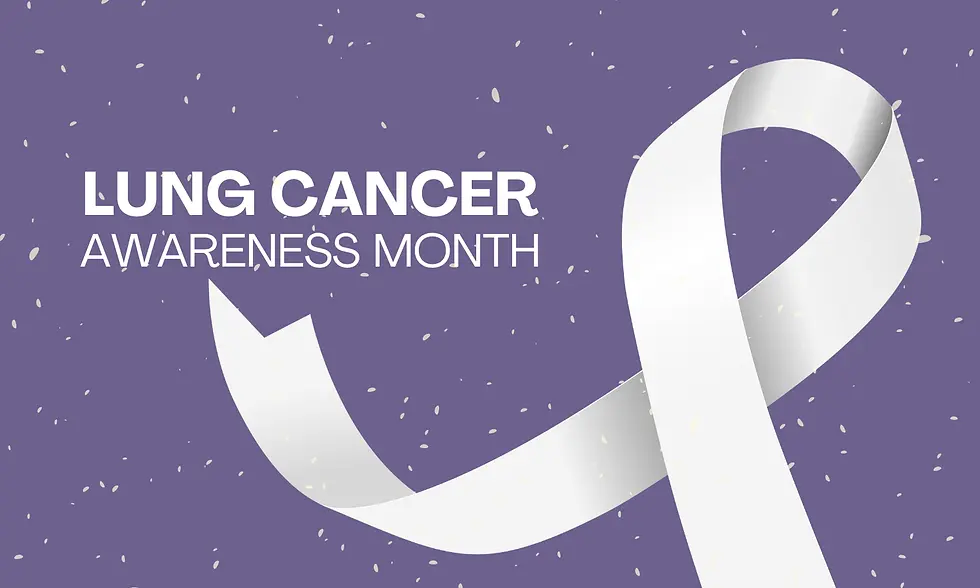Early Detection Tips for Breast Cancer
- Tia Jean
- Jul 13, 2025
- 2 min read

When it comes to breast cancer, early detection saves lives. Most women diagnosed at an early stage go on to make a full recovery, so being aware of changes in your body and knowing when to act is one of the most important things you can do for your health.
Know What’s Normal for You
Everyone’s breasts are different. Learning what’s normal for your body can help you notice when something isn’t quite right. Check your breasts regularly and look for:
New lumps or thickening
Changes in size, shape or feel
Skin dimpling or puckering
Nipple discharge or inversion
Persistent pain in one area
Redness, rash or swelling
Free Mammograms for Women 50–74
If you’re aged between 50 and 74, you’re eligible for a free mammogram every two years through BreastScreen NSW. Mammograms can detect breast cancer before it can be felt, making early treatment possible.
If you’re outside this age group, you can still speak to your doctor about your personal risk and whether a screening is recommended for you.
Understanding Your Risk
Age is the biggest risk factor for breast cancer, but other things can play a role too, such as family history, lifestyle, hormonal factors, and breast density. Your GP can assess your risk and advise on a screening and prevention plan that suits you.
Don’t Delay If You Notice a Change
If something doesn’t look or feel right, don’t wait. While most breast changes are not cancer, it’s always best to get them checked by your GP.
Early detection starts with awareness, but your GP plays a vital role in guiding screenings, referrals, and next steps. Whether it’s time for a mammogram or you’ve noticed a change, we’re here to help.
Book an appointment with your GP to talk about breast health today.




Comments